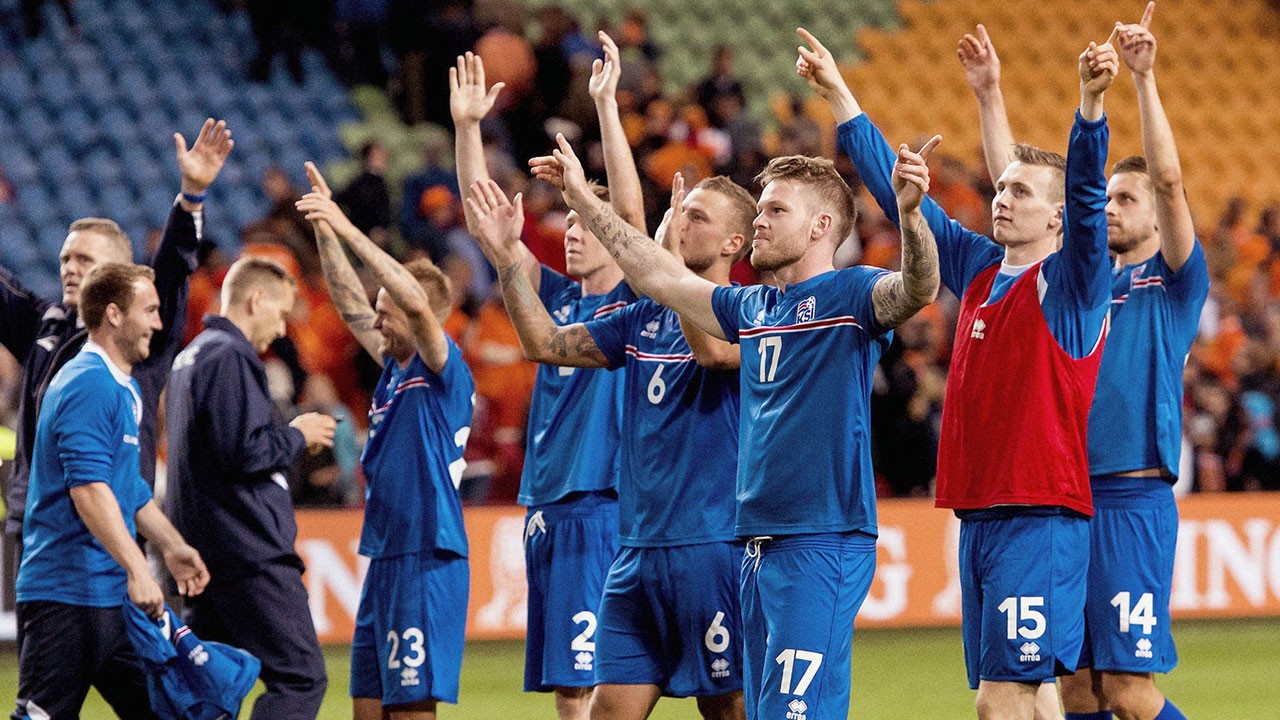Photo by Tim Groothuis/Witters Sport via USA TODAY Sports
A week into Russia 2018, we've already borne witness to one of the best FIFA World Cup group stages anyone can remember—and that's thanks, in part, to the introduction of video review.The combo of stunning goals, late-game drama, incredible individual performances, and surprising results has made this tournament memorable. Meanwhile, the presence of video assistant referees (hilariously dressed in full kit while staring at monitors in Moscow) has added a layer of decision-making security that's allowed these moments to shine even brighter.The introduction of VARs for this World Cup hasn't been flawless, nor has it eliminated controversy altogether—although the reality is that, given the subjective nature of many FIFA Laws of the Game, and the reliance upon human beings to interpret them, absolute consistency can never be achieved.But what we have seen so far is that many of the big fears about video review simply haven't come to fruition. Soccer hasn't been transformed overnight into a stop-start game of basketball, nor has irreparable damage been done to the sacrosanct "flow of the game."The few on-field reviews we've seen have taken around 60 to 90 seconds, which is no longer than the average time-wasting faux injuries we're accustomed to seeing toward the end of most one-goal contests.But thus far, on the World Cup stage, video review has done what it's promised to do (intervene only when necessary, in big moments, to give the referees every opportunity to evaluate their decisions) and avoided doing what many feared it would do: create more problems than it solved, a la the NHL's recent dalliances in expanded video replay.In Russia, we've seen the VAR system quickly resolve an instance of mistaken identity on a yellow card in France vs. Peru, confirm a potentially explosive red-card decision in Colombia vs. Japan and, most notably, reverse a penalty-kick decision initially awarded for Brazil on a flop from star striker Neymar against Costa Rica.With that precedent set, we can keep our fingers crossed that players will now think twice about diving to win penalty kicks.

We can also happily watch the rest of the tournament unfold, relatively safe in the knowledge that when the big goals do come from open play, they won't have been preceded by players being offside, or by anyone illegally handling the ball (like Diego Maradona's "Hand of God" in 1986, or Thierry Henry in 2010 World Cup qualifying).Given the use of the world's top officials in Russia, and the intense scrutiny that follows every World Cup, it may not be realistic to think video review will be incorporated as seamlessly in other leagues and competitions. Different leagues have used VAR in different ways; in MLS, for instance, each game has one VAR, while World Cup games have each featured a team of four.But the early returns from Russia 2018 have shown that, as currently imagined and implemented on the World Cup stage, video review can indeed produce benefits without spoiling the beautiful game. Whether FIFA takes these results and uses them as an impetus to further expand video review (which could, in fact, ruin the game) remains to be seen.Come on, though—FIFA taking something good and turning it sour… what are the odds of that happening?
Advertisement
Also, we can likely do away with fears that technology would remove the "human element" from the game (or the ability to argue ad infinitum with your drinking buddy over whether the ref got it right). Fans are still debating penalty-kick decisions in France vs. Australia or England vs. Tunisia, for instance (England fans seem especially enamoured of this particular element of following the sport).Sure, the early implementation of video review in leagues such as Major League Soccer and the German Bundesliga has produced its share of troubles. And with ever-more-intense games to follow in Russia, it's distinctly possible that the system will encounter some calamitous problem that makes these words seem quaint and naïve in retrospect.
Advertisement

We can also happily watch the rest of the tournament unfold, relatively safe in the knowledge that when the big goals do come from open play, they won't have been preceded by players being offside, or by anyone illegally handling the ball (like Diego Maradona's "Hand of God" in 1986, or Thierry Henry in 2010 World Cup qualifying).Given the use of the world's top officials in Russia, and the intense scrutiny that follows every World Cup, it may not be realistic to think video review will be incorporated as seamlessly in other leagues and competitions. Different leagues have used VAR in different ways; in MLS, for instance, each game has one VAR, while World Cup games have each featured a team of four.But the early returns from Russia 2018 have shown that, as currently imagined and implemented on the World Cup stage, video review can indeed produce benefits without spoiling the beautiful game. Whether FIFA takes these results and uses them as an impetus to further expand video review (which could, in fact, ruin the game) remains to be seen.Come on, though—FIFA taking something good and turning it sour… what are the odds of that happening?